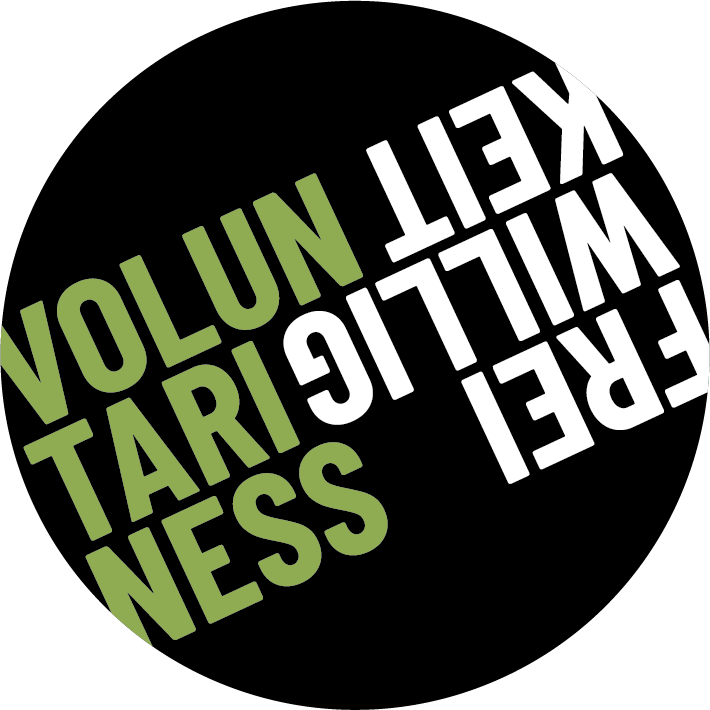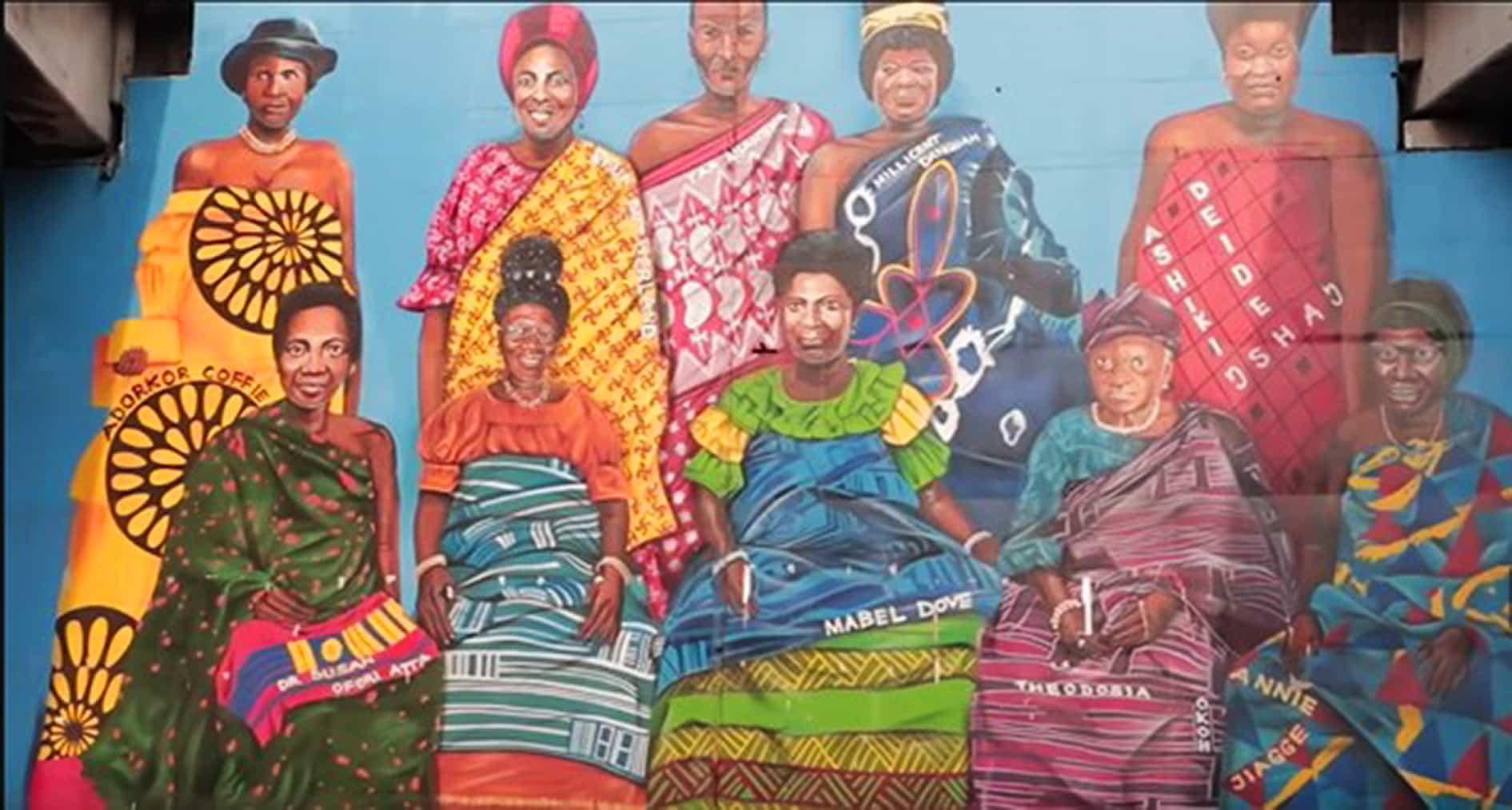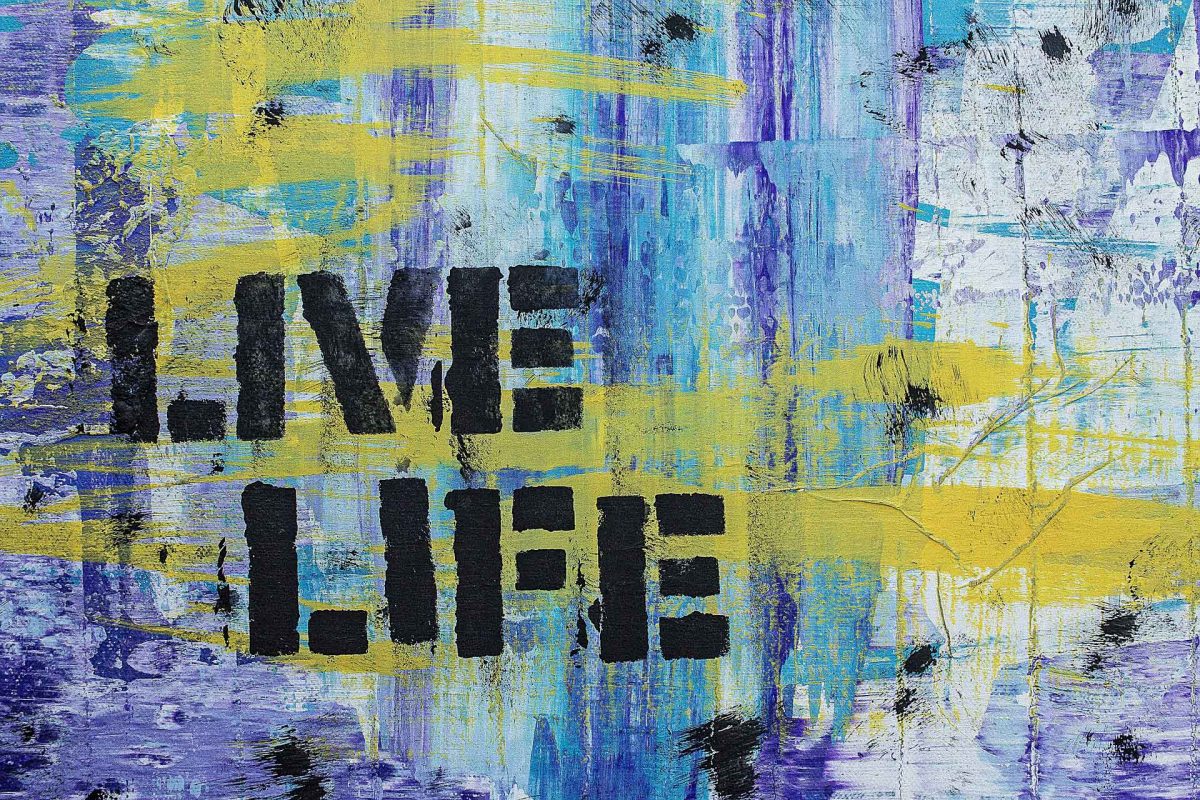
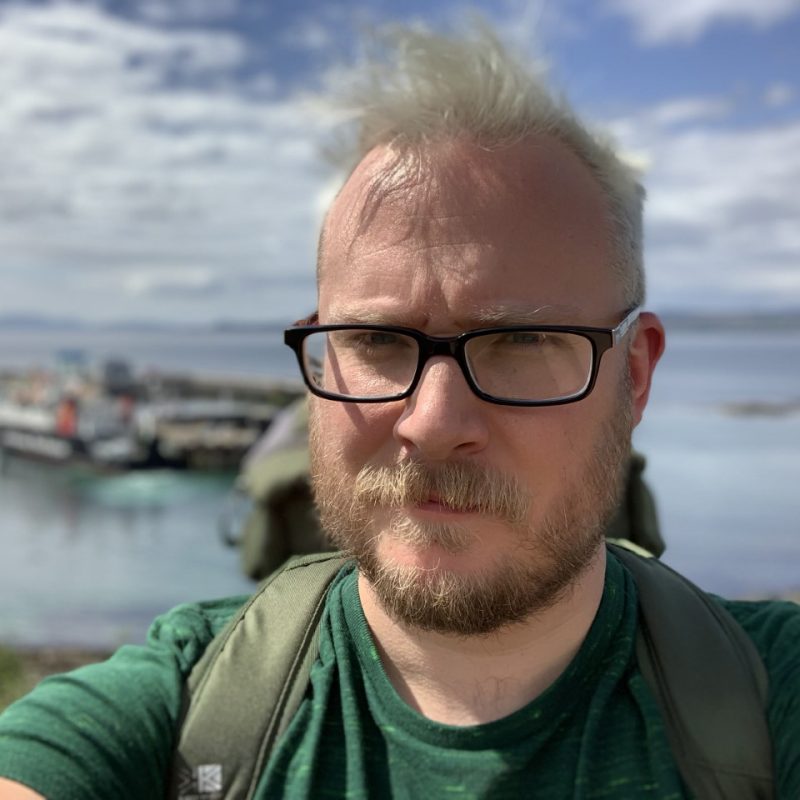
by Ben Colburn
Ben Colburn is a political philosopher who works and teaches at the University of Glasgow.
Voluntariness in the Theory of Autonomy
I am a political philosopher by training. Most of my work has involved developing our understanding of individual autonomy. Joseph Raz uses the phrase ‘self-authorship’ to capture this core liberal ideal: my goal has been to explore this evocative concept, identify and advocate the most coherent and compelling way to understand it, and then tracing out the consequences for our individual, social and political lives. The idea of voluntariness is central to individual autonomy, providing the link between the day-to-day choices an individual makes and the (hopefully self-authored) shape of their life as a whole. Following Serena Olsaretti, I understand voluntariness to be about the reasons we have for acting as we do. We act non-voluntarily when we choose to do something just to avoid unacceptable alternatives. Voluntariness is a crucial condition for responsibility; unless your choices are voluntary, it is not really you (or your values and decisions) which really explains the course your life takes. Being the author of your life means shaping it through voluntary decisions, which reflect your values and ambitions, taking responsibility for the way your life goes. By contrast, having to make non-voluntary choices means losing control. It means your life being shaped by others, or by luck, or by mere reaction to a hostile context. Under those circumstances you are no longer its author.
Voluntariness in End-of-Life Practice
One domain where voluntary choice matters is at the end of life. I worry that many of us find ourselves hemmed in by unacceptable alternatives as we approach death. The ugly scenario arises in many of the difficult decisions we must make at that time: whether to move out of our own homes, how to avoid chronic pain, whether to continue difficult treatment, and so on. It is easy to be trapped by unacceptable alternatives, and for these crucial choices to be controlled by adverse circumstance, rather than by the exercise of an individual’s voluntary choice. That is tragic. If it matters that people are the authors of their own lives, it matters all the more that they can make voluntary choices as their lives reach their end.
Nobody deliberately creates this situation, but we as a society bear responsibility for letting it persist. We can reform these disempowering factors if we choose. What would it mean to properly support voluntariness at the end of life?
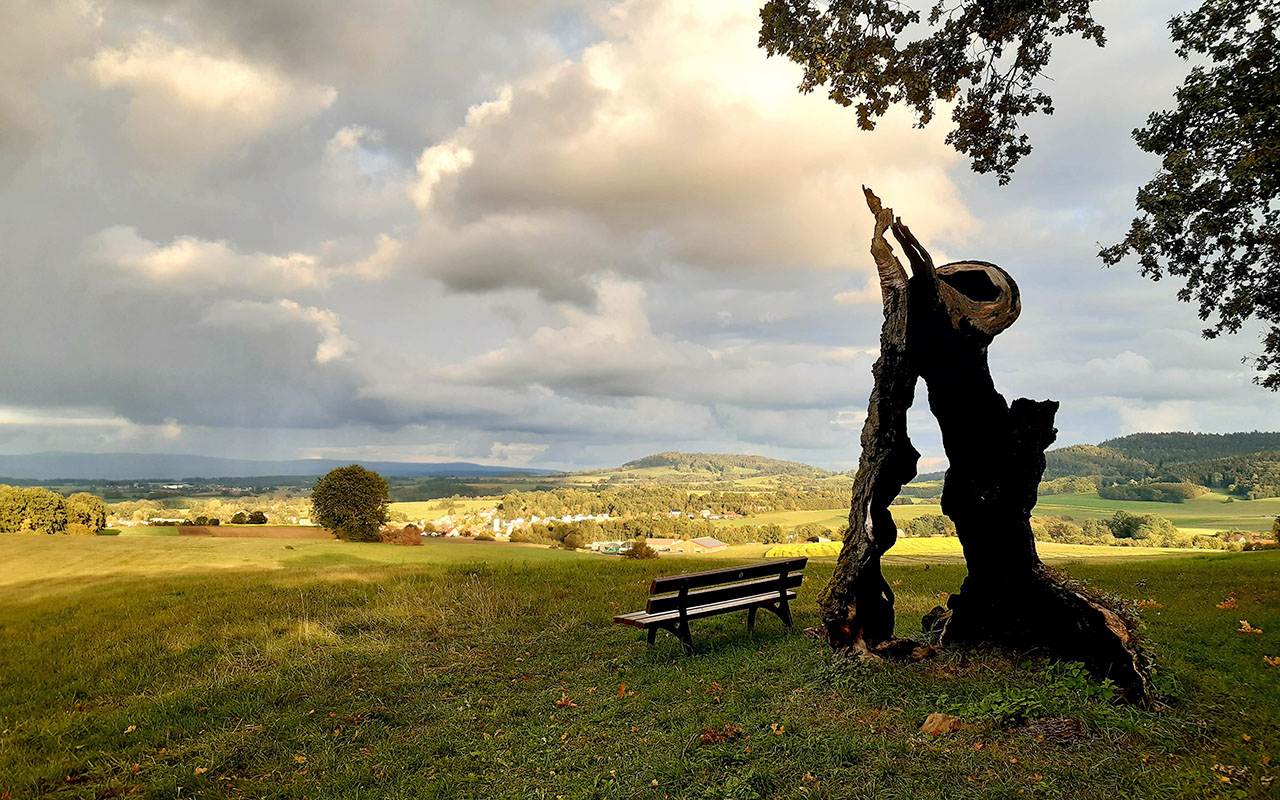
First, we must ensure that people have relief from pain, as far as is medically possible. And when it isn’t, palliative care must help people manage pain so that it doesn’t have such a crushing effect on their lives. There are limits to what is possible, of course. But pain management is a key part of making sure that people don’t make end of life decisions which are non-voluntary, through the fear of unacceptable suffering.
Second, we must find ways of providing end-of-life care which don’t disempower people. It is all too easy for terminal illness to turn us into passive participants in an impersonal medical process over which we have no control. Preserving the space of voluntariness means keeping people informed and in charge of their treatment. And it means making reasonable adjustments so that people can still participate in social and civic life, rather than becoming clinically institutionalized. Again, there are limits to what is possible. But countering disempowerment will help to protect people’s capacity to make voluntary decisions as they approach death.
Third, as growing incapacity makes familiar activities impossible, we must help people discover new options which might be meaningful to them. In recent years I have worked with artists at the Prince and Princess of Wales Hospice in Glasgow, who run classes for patients. They are passionate about creating a space where people can explore something new, discovering new options which they can pursue voluntarily. I remember a very moving story of a patient who had progressively become paralysed below his neck. The artists helped him learn to paint using a brush in his mouth. He ended up developing a fine sense of the contrasts between different kinds of brush, and a rich appreciation of the use of different colours. This support helped reveal a real talent for art! And he ended up exhibiting his beautiful work in a famous Glasgow venue, the House for an Art Lover. You can see some of his work at the Tracing Autonomy project website. This case shows how we can sustain the life-long project of self-authorship in new ways. The key was voluntariness. Even in the face of horrifying constraints, we can – with care, perception and attention – open new spaces for voluntary choice to sustain our capacity for self-authorship even under adversity.
Voluntariness in Death
I have spoken about voluntariness in the choices we make as we approach death. I think it also matters that we are able to make voluntary choices about death itself. I recently saw a talk by Melanie Reid, a distinguished columnist for the UK newspaper The Times. Reid has been severely paralysed since an accident in 2010. Reid spoke in harrowing terms about what it was like suddenly to be incarcerated in her own body. She frequently longed to die. A measure of freedom came from one piece of good fortune: she has gradually regained control of the thumb and first finger on her right hand. This helps her manage her disability, but it also means she can end her own life, with the help of a journey to Switzerland and Dignitas. Not everyone is so fortunate.
Reid’s observation wasn’t a declaration of suicidal intent. Her point was that the option of dying transforms the character of her other options. She is no longer compelled to endure, because she has an acceptable alternative. The knowledge that there is a way out if she needs it empowers here, even as she chooses not to exercise it for now. The option of dying liberates her from the fear of being trapped. In other words, knowing she has that option allows her to make the choice to live, voluntarily.
So many people suffer fear and powerlessness as they approach death. I asked my colleagues at the hospice ‘what do your patients fear?’ The answer was: pain, of course, but powerlessness more. People fear the indignity of dependence, and losing control as they reach the end of their lives. They fear the loss of autonomy, and being hemmed in by unacceptable alternatives.
This is a powerful reason for legal reform which is often overlooked. Often, we focus on the importance of assisted dying for those who want to die. But the right to die is important for us even when we do not choose to exercise it, because it can transform the character of our choices as a whole. That might make some people live for longer, for example because they don’t need to rush because they fear that they will become incapable of committing suicide. But that’s not the key point. The point is that, whatever choice someone makes about the end of their life, the acceptable option of an assisted death ensures that their choice is voluntary, and therefore supports their autonomy to the very end.
Suggested Citation: Colburn, Ben: “Voluntariness at End of Life”, Voluntariness: History – Society – Theory, January 2022, https://www.voluntariness.org/volutnariness-at-end-of-life/


